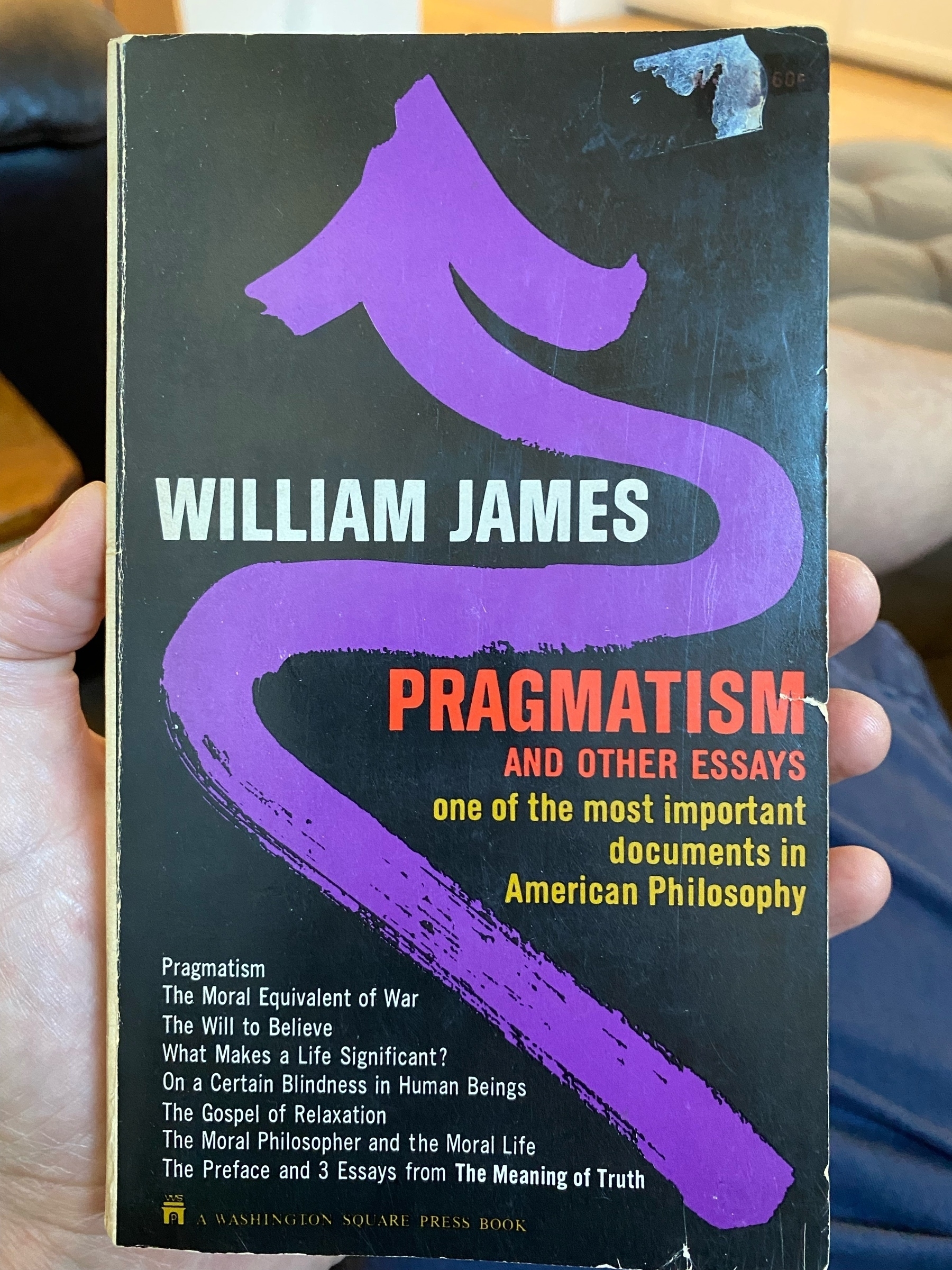
Finished reading: Harrow the Ninth (The Locked Tomb Trilogy Book 2) by Tamsyn Muir is really imaginative and well written. I found it rather confusing though. Lots of characters and plot points to track📚

Finished reading: Harrow the Ninth (The Locked Tomb Trilogy Book 2) by Tamsyn Muir is really imaginative and well written. I found it rather confusing though. Lots of characters and plot points to track📚

Finished reading: Trail of Lightning by Rebecca Roanhorse is a great story about a monster hunter on a Navajo reservation after a climate apocalypse📚

Finished reading: The Ghost Brigades by John Scalzi is a fun “soldiers in space” book with some interesting ethical concepts📚

Finished reading: A Closed and Common Orbit by Becky Chambers is really good. A strong emotional core with an intriguing sci-fi structure📚

Finished reading: As with the first two books in the trilogy, The Saints of Salvation by Peter F. Hamilton is a fun sci-fi story about humans fighting back against powerful aliens. Definitely an easy read, though with some pretty imaginative twists and ideas about the future 📚

Finished reading: Mr. Penumbra’s 24-Hour Bookstore by Robin Sloan is an entertaining mix of computer nerds, ancient rituals, cryptography, and a love of printed books 📚

Finished reading: Salvation Lost by Peter F. Hamilton is fun. Part 2 of the Salvation trilogy and a great humans fighting back against powerful aliens story📚
Finished reading: The Alignment Problem by Brian Christian is a fascinating and very well written overview of the current state of AI research. I was particularly struck by how much of the challenge with safe AI is based on our poor understanding of our own intelligence 📚

Finished reading: The Stranger in the Lifeboat by Mitch Albom is a compelling, brief story about faith and redemption 📚

Finished reading: This seems to be the consensus, so I won’t belabour the point: Four Thousand Weeks by Oliver Burkeman is a powerful book. If you feel overwhelmed by busyness or slightly adrift, it is well worth a read. There are some tough messages in it, though, that require contemplation 📚
Wednesday, December 29, 2021 →

The Dispossessed by Ursula K. Le Guin is a really interesting story about two different worlds and a physicist that tries to bring them back together. As with most good science fiction, the story is about the people, rather than the science, but the sci-fi setting accentuates the morals of the story 📚

I’m slowly making my way through Pragmatism, and Other Essays by William James and was amused to see:
I offered this as a conciliatory olive-branch to my enemies. But they, as is only too common with such offerings, trampled the gift under foot and turned and rent the giver. I had counted too much on their good will.
Some things haven’t changed since 1909 📚

Bowl of Heaven by Gregory Benford and Larry Niven is quite expansive in scope and imagination. A fun, easy read with some big ideas 📚

I picked up Artifact by Gregory Benford at my local used bookstore on a whim. I’m glad I did. It is a fun mix of archaeology, theoretical physics, and espionage 📚

I enjoyed Revenant Gun: Machineries of Empire by Yoon Ha Lee. A fitting end to the trilogy📚

Although A Desolation Called Peace by Arkady Martine isn’t as remarkable as A Memory Called Empire, I still really enjoyed it. Some of the enjoyment was momentum from the first book. I also liked the mystery of the aliens and the exploration of shared memories and awareness 📚

Fathoms by Rebecca Giggs is about so much more than whales. Beautifully written, Giggs uses whales to talk through society, culture, environmentalism, evolution, and history, along with lots of good natural history on whales📚

Currently reading: Fathoms: the world in the whale by 📚

Currently reading: A Desolation Called Peace (Teixcalaan, 2) by Arkady Martine 📚

I really enjoyed Salvation by Peter F. Hamilton (book 1 of the Salvation Sequence trilogy). A fun blend of sci-fi, detective novel, and alien invasion with a cliffhanger ending📚
This book caught my eye at the local used bookstore: Pragmatism and Other Essays by William James 📚


Fire Season: Field Notes from a Wilderness Lookout by Philip Connors is an interesting mix of reflections on solitude, the importance of conservation, and American history 📚

Currently reading: Fire Season: Field Notes from a Wilderness Lookout by Philip Connors 📚

Excession by Iain M. Banks is a great read with a fun mix of space opera, humour, morality, and mystery 📚

Currently reading: Excession by Iain M. Banks 📚

Currently reading: The Little Drummer Girl: A Novel by John le Carre 📚

Finished reading: Matter (Culture) by Iain M. Banks. This was a straightforwardly entertaining read 📚

Finished reading: The Strategy Paradox: Why Committing to Success Leads to Failure (And What to do About It) by Michael E. Raynor 📚

Green Mars by Kim Stanley Robinson is a good second book in the Mars trilogy. So much great detail, you really get a strong sense of Mars as a place that is distinct from Earth 📚

Currently reading: Green Mars by Kim Stanley Robinson 📚